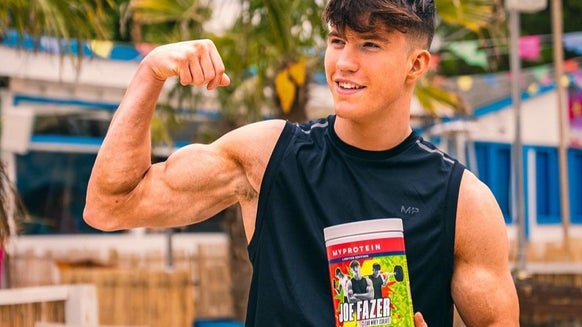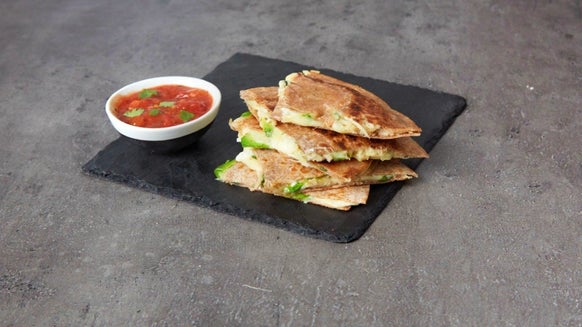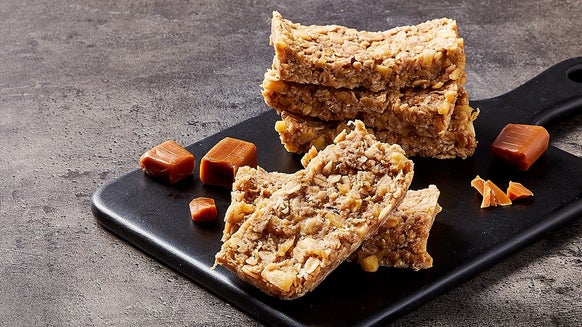How To Use Skin Fold Callipers | Measuring Body Fat Percentage
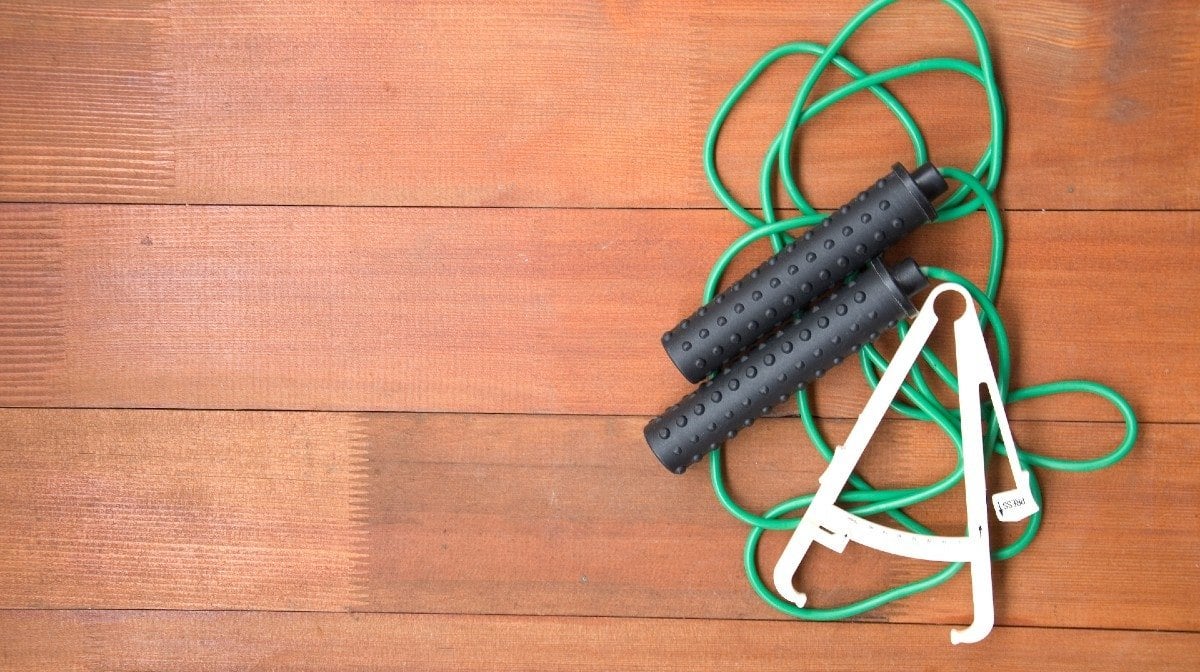
If your goal
From a performance point of view, you often want to reduce body fat whilst simultaneously keeping your muscle mass as high as possible. You can track this to some extent by simply looking in the mirror, however to measure progress accurately you will want a quantifiable way of tracking changes, and measuring body fat percentage with callipers is the perfect way of doing this. Skin callipers can help you out with this, here’s how.
- How to Measure Body Fat Using Skin Fold Callipers
- Where to Measure
- Using the 3-site Method to Measure Body Fat
- Using the 7-site Method to Measure Body Fat
- How Accurate are Skinfold Measurements?
- What is a Good Score?
- Alternative Measurements for Body Fat
- What is the Best Way to Measure Body Fat?

How to Measure Body Fat Using Skin Fold Callipers
One of the most cost-effective ways to measure body fat percentage is the tried and tested method of skinfold measurements, using body fat callipers to pinch different areas of your body. These callipers are widely available online for minimal cost, and can be used over and over again.
How to Obtain a Skinfold Measurement
All measurements should be made on right hand side of the body for consistency. You can try and get measurements yourself, but your best bet is to get someone else to do it for you. Subject should be stood up, and relaxed while measurements are taken, with no tensing. Pinch with your fingers, and then use the caliper about 1cm away from your fingers. Maintaining the pinch with your fingers at all times during measurements. The pinch should be placed midway between the base of the fold, and the top of the fold. It is good practice to obtain 2 or 3 measures at each site, just to make sure that the first one wasn’t a mistake, and then take an average of the measures. To make tests more reproducible, rather than guess the sites using naked eye, it is better to get a tape measure out and accurately mark out sites, so that next time you get body fat measured, you know you’re measuring in exactly the same place.
Where to Measure?
There are 2 widely used methods of skinfold measurements, the 3-site and 7-site method, which are based on research by Jackson and Pollock (1, 2).
The advantage of the 3-site method is that as it’s only 3 sites, there will be less variability each time you measure body fat, so in theory it is the most reproducible method, as well as being quicker to complete than the 7-site method.
Using the 3-site Method to Measure Body Fat
Men
This measurement should be done half-way between the nipple and armpit crease. The pinch should be diagonal, pointing from the armpit crease to the nipple, rather than being vertical or horizontal.
Pinch about 2cm to the right of the navel, to create a vertical fold in the skin.
Measure out half way between the top of the kneecap (proximal patella) and the fold in the hip when the right leg is raised (inguinal crease). Pinch to create a vertical fold in the skin.
Women
Measure mid-way between the bony part at the top of the shoulder (acromion process), and the point of the elbow (olecranon process). Create a vertical pinch.
Take a vertical line directly down from the front of the armpit, until you get to the top of the hipbone (Iliac crest). From here, move up 2cm, and take a pinch that runs at a 45-degree angle pointing down across the front of the body.
As above, measure out half way between the top of the kneecap (proximal patella) and the fold in the hip when the right leg is raised (inguinal crease). Pinch to create a vertical fold in the skin.
Using the 7-site Method to Measure Body Fat
The advantage of the 7-site method is that the additional measurement sites give a better picture of all round body fat percentage, however it’s more time-consuming than the 3-site method. Also, it relies on you obtaining measures in the exact same place each time, so there is greater variability.
The first 5 sites are measured as above, and both males and females should obtain measurements in the same place.
Chest, Abdominals, Thigh, Triceps, Suprailiac +
Ask subject to raise their right arm, and find the bottom of the sternum (breastbone), then move horizontally until you are directly below the armpit. Take a vertical fold and measure.
Ask subject to move their arms behind their back, which allows you to identify the inferior angle of the scapula (bottom of the shoulder blade). Move arms back into a rested position by their side, and take a measurement 2cm below the inferior angle, with a skinfold running diagonally up towards their head.
What Next?
Once you’ve obtained these measurements and written them down, many callipers will come with information which converts the sum of these body at measurements into an overall body fat percentage based on gender and age. The good news is Myprotein’s callipers do come with this information.
How Accurate are Skinfold Measurements?
There is a lot of debate over the best method to measure bodyfat percentage. Skinfold measurements can differ if the site measured changes slightly, or the person taking the measurements changes. For this reason, consistency in collecting measurements is the most important part. Using callipers may say your body fat is 16%, however a DEXA scan could say a 12% body fat.
The important thing is that if the next time you use callipers, you measure in exactly the same places, and your body fat score comes out at 14%, then you know you’ve reduced your body fat.
So rather than get hung up on the absolute numbers, it is worth focusing on changes seen each time you measure!
What is a Good Score?
There is no such thing as a ‘good’ score, with different activities suiting different body fat percentages. Females typically will have higher body fat percentages than males, which is due to hormonal differences.
Generally, bodybuilders stepping onto stage will have a body fat percentage around 4-7% for males and 10-12% for females, however figures this low are not sustainable year-round and are only suitable for professional bodybuilders.
A lean physique would be 8-12% for males, and 12-18% for females. Healthy levels would go up to about 25% for males and 30% for females. Females naturally require higher levels of body fat for childbearing.
While body fat percentage is not a direct indicator of good health (and dropping too low can be detrimental), tracking your progress is a good way to measure improvement towards your goals.
Alternative Methods to Assess Body Fat Percentage
Other methods include underwater weighing and DEXA scans, and all have advantages and disadvantages, whether it be accuracy or cost.
The key is to be consistent in your methods, and track whether the values are increasing or decreasing rather than worrying about absolute values.
What is the Best Way to Measure Body Fat?
While there are several methods to measuring body fat, they vary greatly in cost, convenience, and accessibility. Using skin fold callipers is the best way to get a quick reading without any expensive equipment or even help from a health care professional. Skin fold callipers are an excellent tool to track progress on your own and give you the opportunity to measure as often as you’d like.
No matter which method you choose, measuring body fat is a great way to stay on track with your goals.
Take Home Message
Body fat measurements can help you track changes in body composition with greater detail than using weight measurements alone.
READ THESE NEXT:
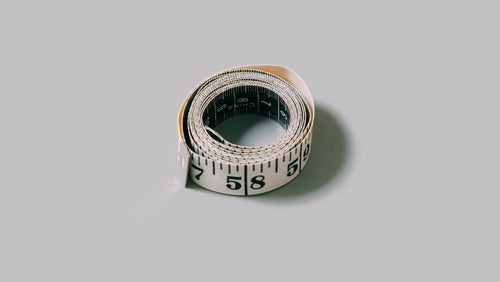
How to Calculate Your Body Fat Percentage
Everything you need to know about body fat percentage.
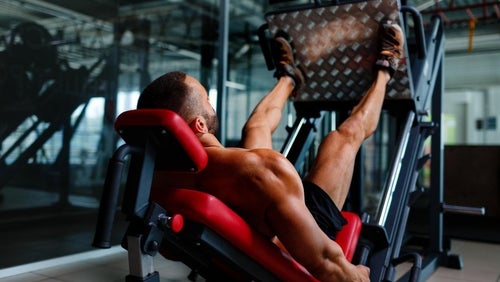
5 Ways To Reduce Body Fat While Building Muscle
How you can build that lean muscle.
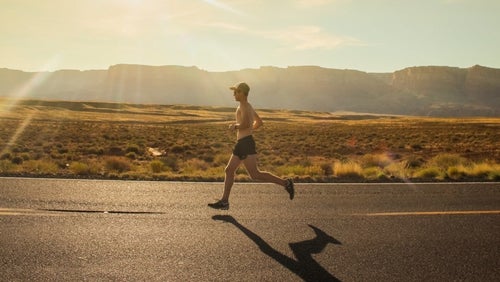
The Key Ways To Reduce Body Fat Fast
Start your journey to getting shredded with these essentials.
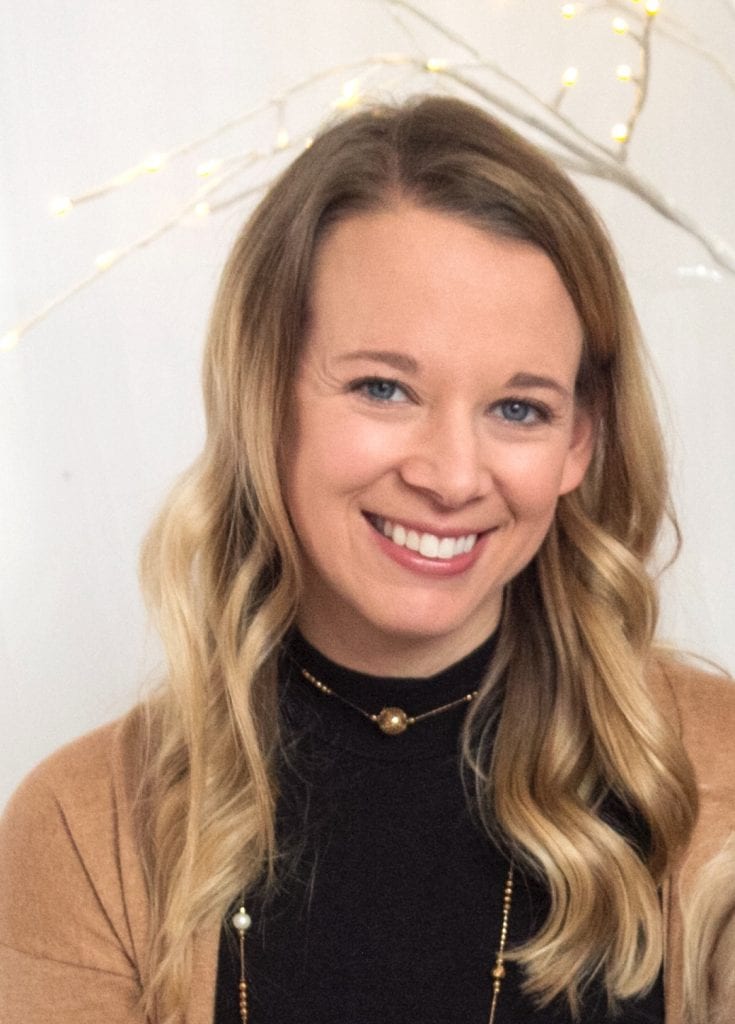
Claire is a Registered Dietitian through the Academy of Nutrition and Dietetics and a board-certified Health and Wellness Coach through the International Consortium for Health and Wellness Coaching. She has a Bachelor of Science in Biology and a Master’s degree in Clinical Dietetics and Nutrition from the University of Pittsburgh.
Talking and writing about food and fitness is at the heart of Claire’s ethos as she loves to use her experience to help others meet their health and wellness goals.
Claire is also a certified indoor cycling instructor and loves the mental and physical boost she gets from regular runs and yoga classes. When she’s not keeping fit herself, she’s cheering on her hometown’s sports teams in Pittsburgh, or cooking for her family in the kitchen.
Find out more about Claire’s experience here.

